COULD SOCIAL MEDIA HEALTH WARNINGS BE THE SOLUTION?
The efficacy of warning labels depends on the form they take. Research suggests that warning labels that promote safe use are more effective.
In the case of social media, this means improving social media literacy. For example, warning labels could remind users that what they see on social media is not always representative of real life, and this reminder may help reduce the negative effects of online social comparisons.
Social media warning labels also hold the media platforms more accountable. Platforms create and design features to maximise usage, profiting from user engagement. Warning labels can help users be more aware of how these platforms profit from their usage, highlighting the potential risks of excessive use.
Although social media labels might not directly dissuade young users from high consumption, they may do so indirectly, via greater parental oversight. Indeed, parents might be more likely to set limits knowing that there is evidence that the product their child or adolescent is using is associated with some risks.
In contrast, warning labels focused on moderating or stopping social media use could be less efficient. They may foster a negative self concept in users, such as thinking “I know I shouldn’t be using social media, but I can’t stop because I lack self-control.” This does not represent a good starting point to motivate change.


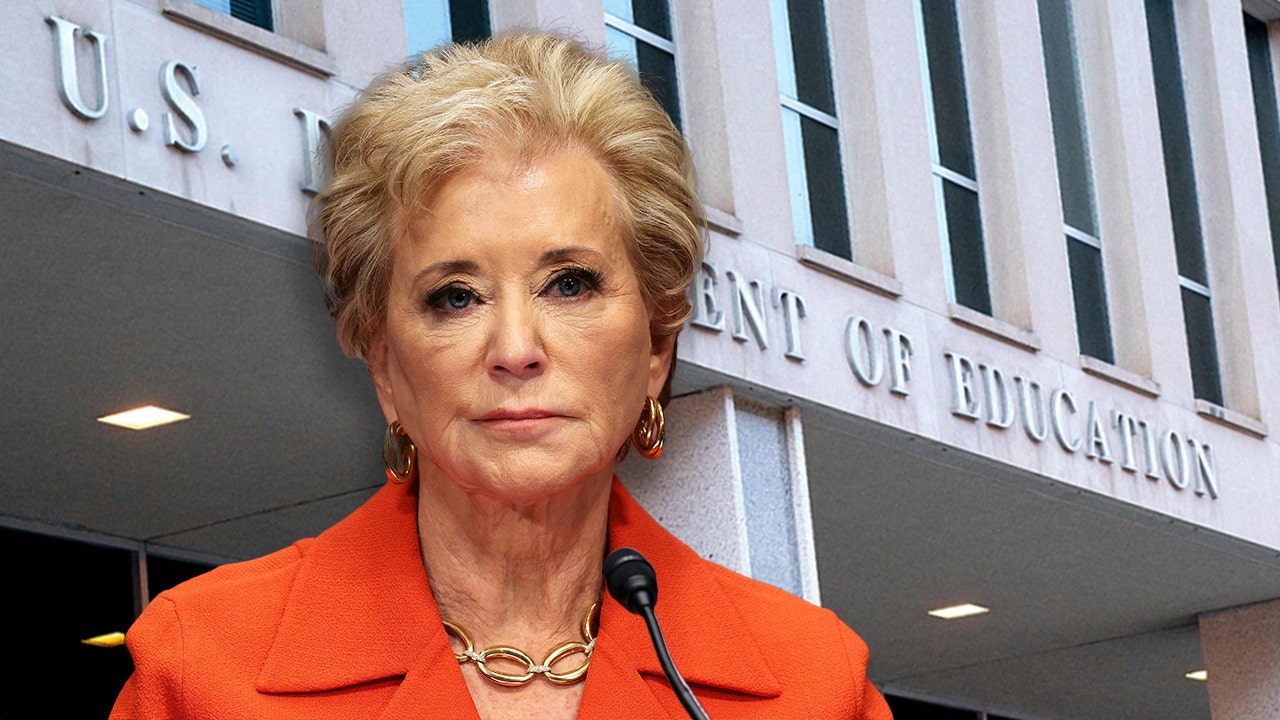


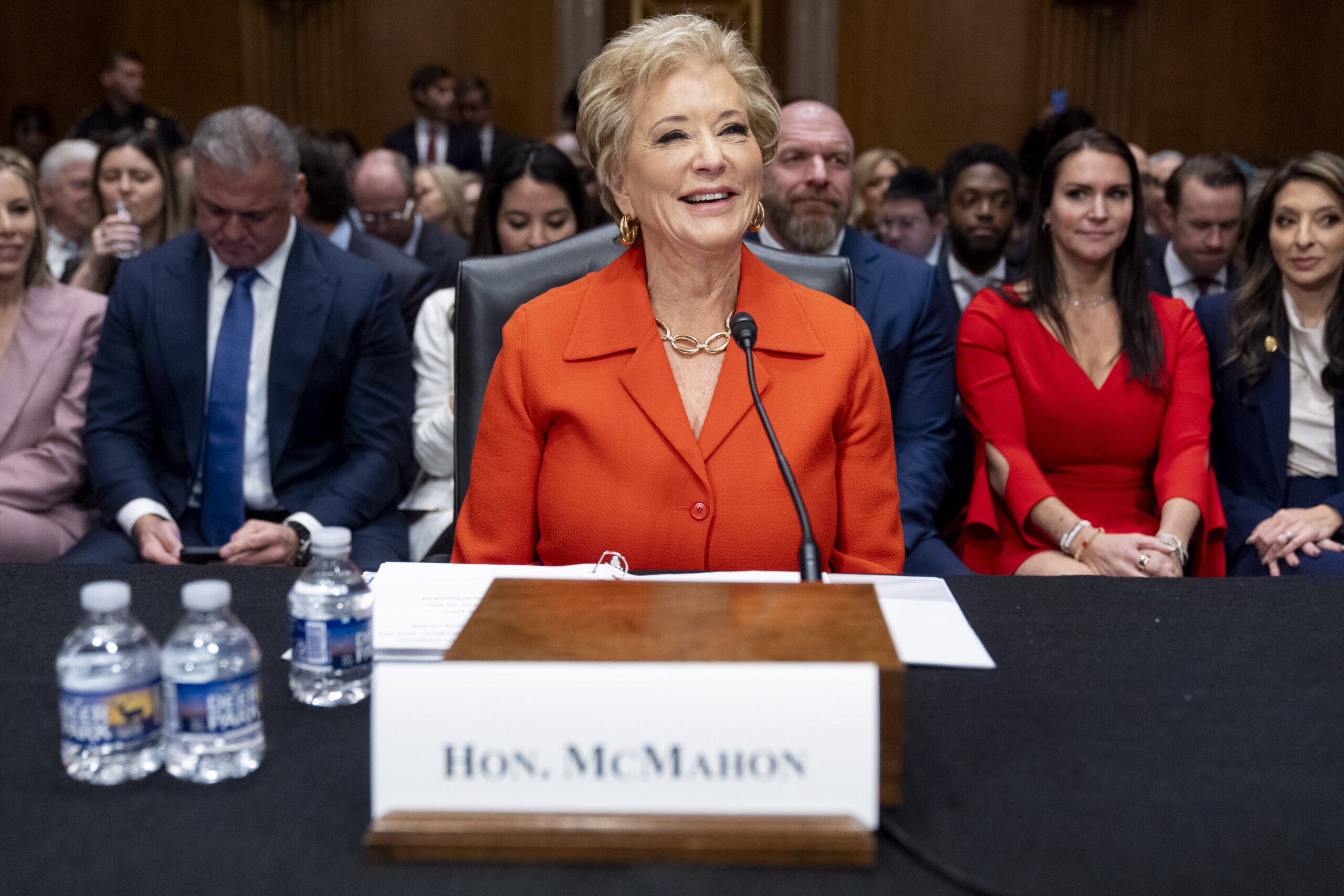


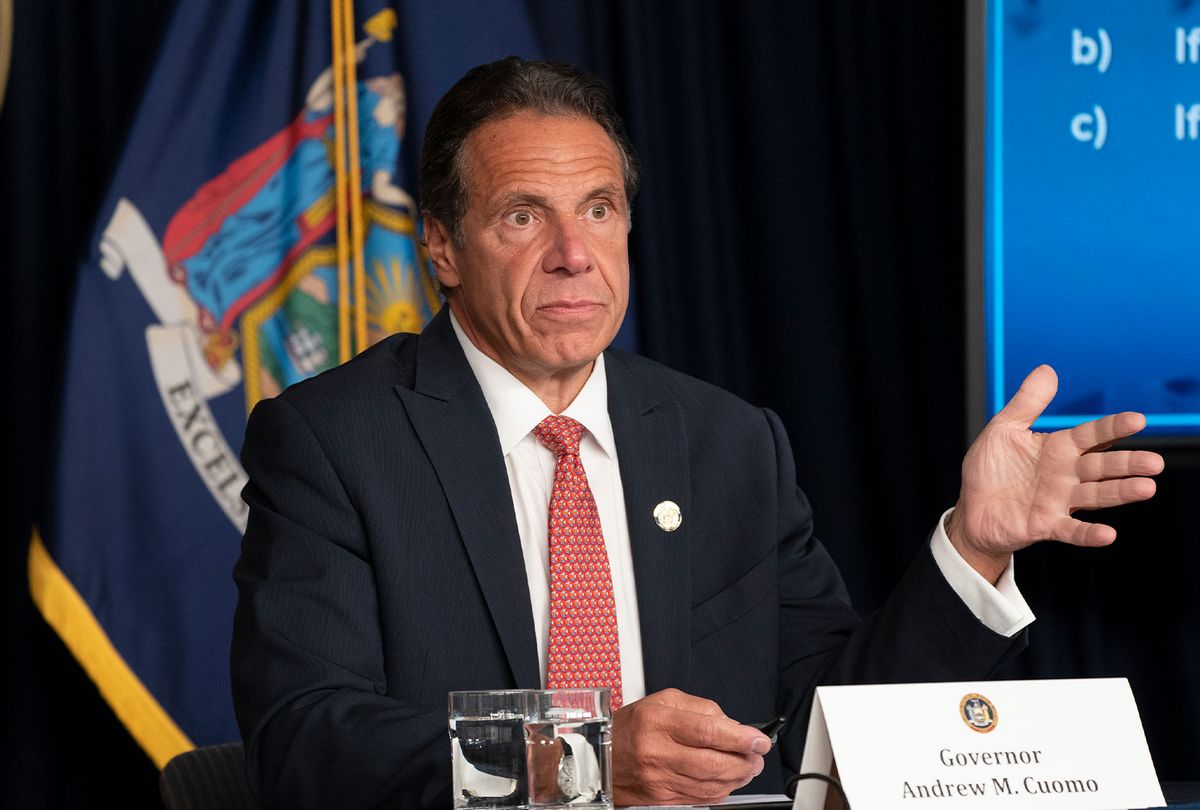







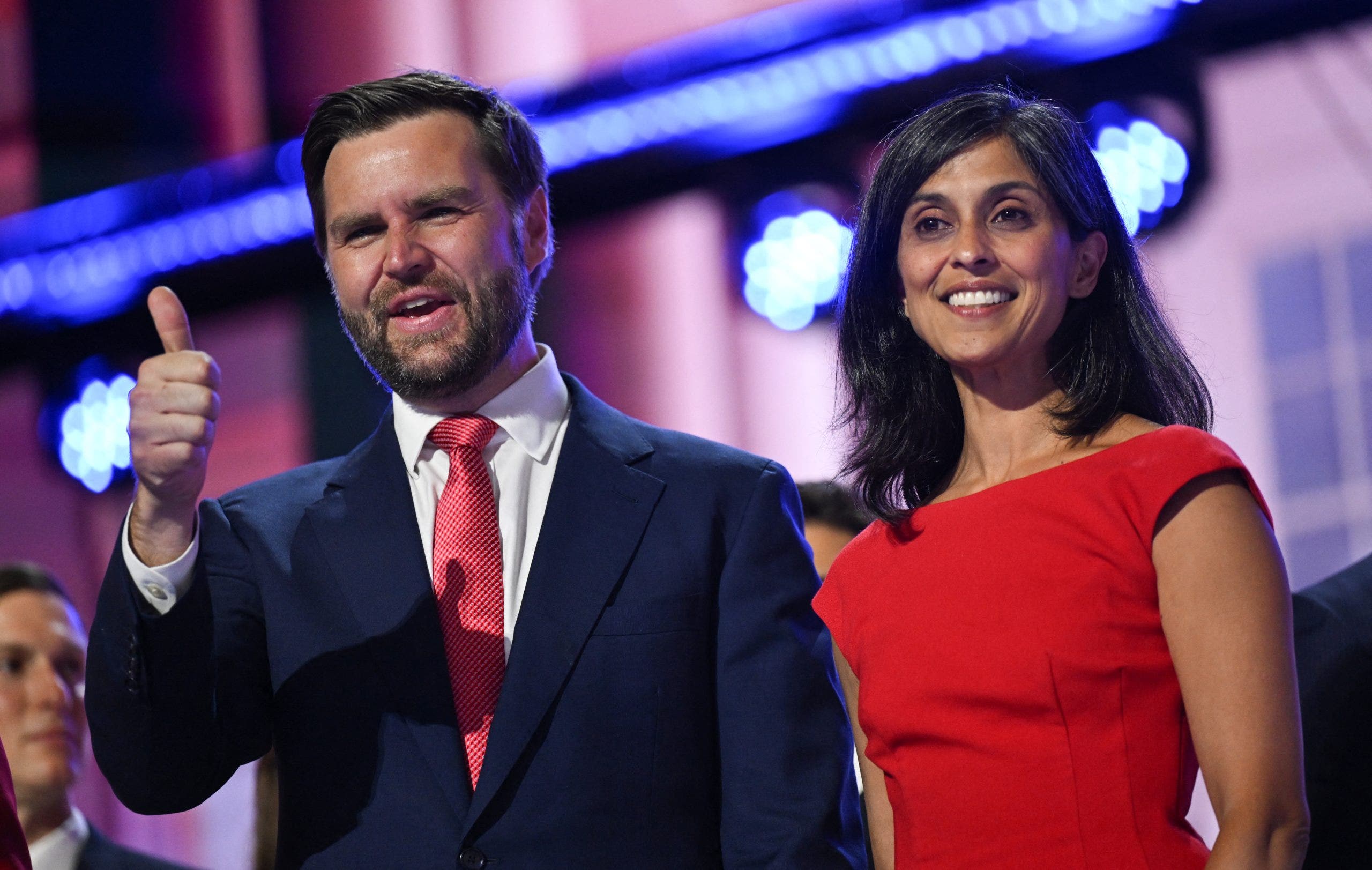
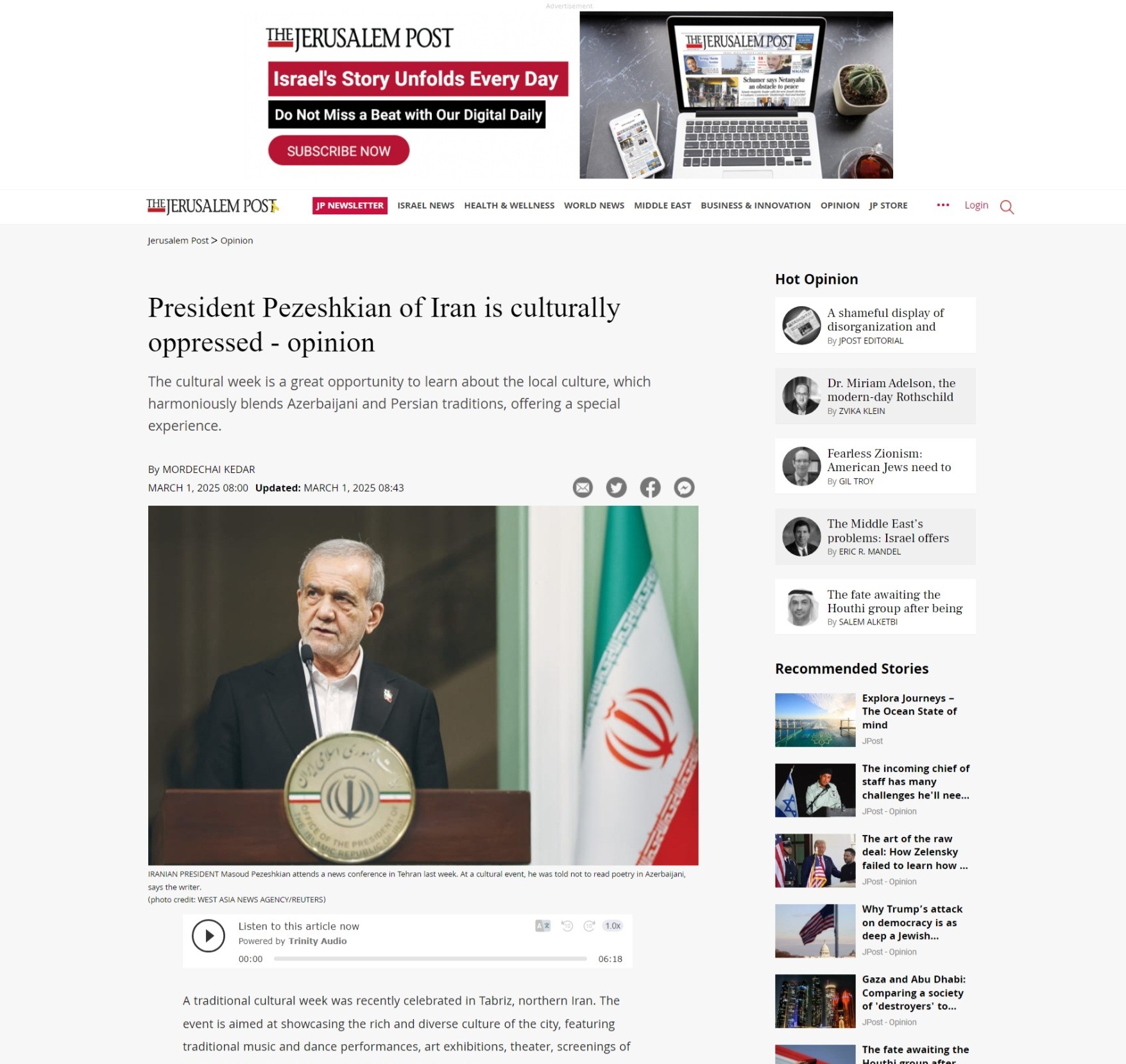


Discussion about this post